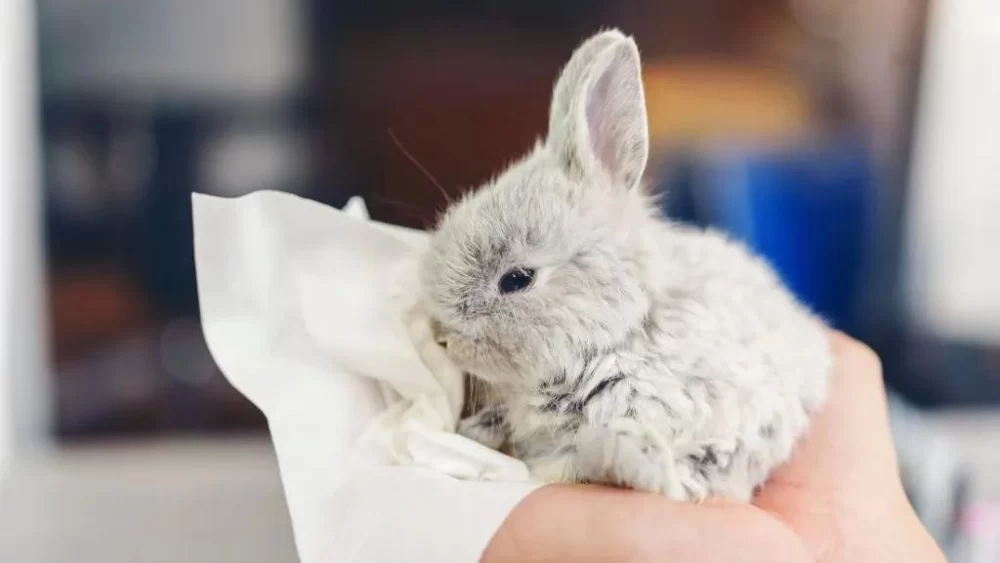- Why Recognizing Signs of Illness in Rabbits Matters
- Common Signs and Symptoms to Watch For
- Detailed Analysis of Specific Illness Signs
- Real-Life Examples of Illness Detection
- How to Respond When You Spot Signs of Illness
- Professional Resources for Rabbit Health Support
1. Why Recognizing Signs of Illness in Rabbits Matters
Rabbits, as prey animals, often mask their discomfort and sickness, making early detection of illness challenging but critically important. Understanding the signs of illness in rabbits helps you intervene promptly, preventing minor health issues from escalating into severe, potentially life-threatening conditions. Quick action can save lives and reduce treatment costs, while also ensuring your rabbit’s comfort and longevity.
Regular observation and familiarity with your rabbit’s normal behavior and appearance allow you to spot subtle changes early. This vigilance is a vital part of responsible rabbit care and a strong foundation for your pet’s well-being.
2. Common Signs and Symptoms to Watch For
Several warning signs can indicate your rabbit is unwell. These symptoms often overlap between different illnesses but should never be ignored:
2.1 Changes in Appetite or Drinking Habits
A sudden loss of appetite or refusal to drink water is often the first and most critical indicator. Rabbits have sensitive digestive systems that rely on consistent feeding; a few hours without eating can lead to severe complications.
2.2 Abnormal Feces or Urination
Diarrhea, unusually small or misshapen droppings, or reduced urine output may signal digestive problems, infections, or urinary tract issues.
2.3 Behavioral Changes
Look for lethargy, hiding more than usual, or signs of pain such as grinding teeth or reluctance to move. These behaviors often hint at underlying discomfort or illness.
2.4 Physical Signs
Discharge from eyes or nose, swollen or red areas, labored breathing, and unusual posture can all indicate disease or injury.
3. Detailed Analysis of Specific Illness Signs
To better understand what to watch for, let’s dive deeper into some specific symptoms and their possible meanings:
3.1 Respiratory Issues
Signs such as sneezing, nasal discharge, and difficulty breathing often point to respiratory infections like snuffles, common in rabbits. Ignoring these symptoms can lead to pneumonia, which requires urgent veterinary care.
3.2 Gastrointestinal Problems
Because rabbits cannot vomit, digestive blockages are particularly dangerous. Signs include bloating, a lack of feces, and grinding teeth in pain. Immediate veterinary attention is critical.
3.3 Dental Disease
Overgrown teeth or malocclusion cause drooling, difficulty eating, and weight loss. Dental checks are essential for rabbits displaying these signs, as untreated dental disease can severely impact their quality of life.
4. Real-Life Examples of Illness Detection
Consider Daisy, a normally lively Netherland Dwarf rabbit whose owner noticed she stopped eating and became withdrawn. Quick recognition of these signs and a prompt vet visit led to the diagnosis of a gastrointestinal stasis, a common yet dangerous condition. Early treatment saved Daisy’s life and prevented complications.
Another case involved Thumper, a lop-eared rabbit with eye discharge. His owner initially dismissed it as minor irritation, but when the symptoms worsened, a vet confirmed conjunctivitis. Timely medication resolved the infection before it spread or caused permanent damage.
5. How to Respond When You Spot Signs of Illness
Noticing signs of illness in rabbits should always prompt immediate action. Start by isolating your rabbit if you have multiple pets, to prevent spread of contagious diseases. Contact your veterinarian promptly to discuss symptoms and arrange an examination.
Avoid self-medicating or delaying care, as rabbits’ health can deteriorate quickly. Meanwhile, ensure your rabbit remains hydrated and comfortable, maintaining a calm and quiet environment to reduce stress.
6. Professional Resources for Rabbit Health Support
For expert advice and products tailored to rabbit health, Hidden Brook Veterinary is an excellent resource. Their knowledgeable team provides consultations, health products, and care tips designed to help you recognize signs of illness in rabbits early and provide the best care possible.
Combining your attentive care with professional guidance ensures your rabbit enjoys a long, healthy life in a safe and nurturing environment.










